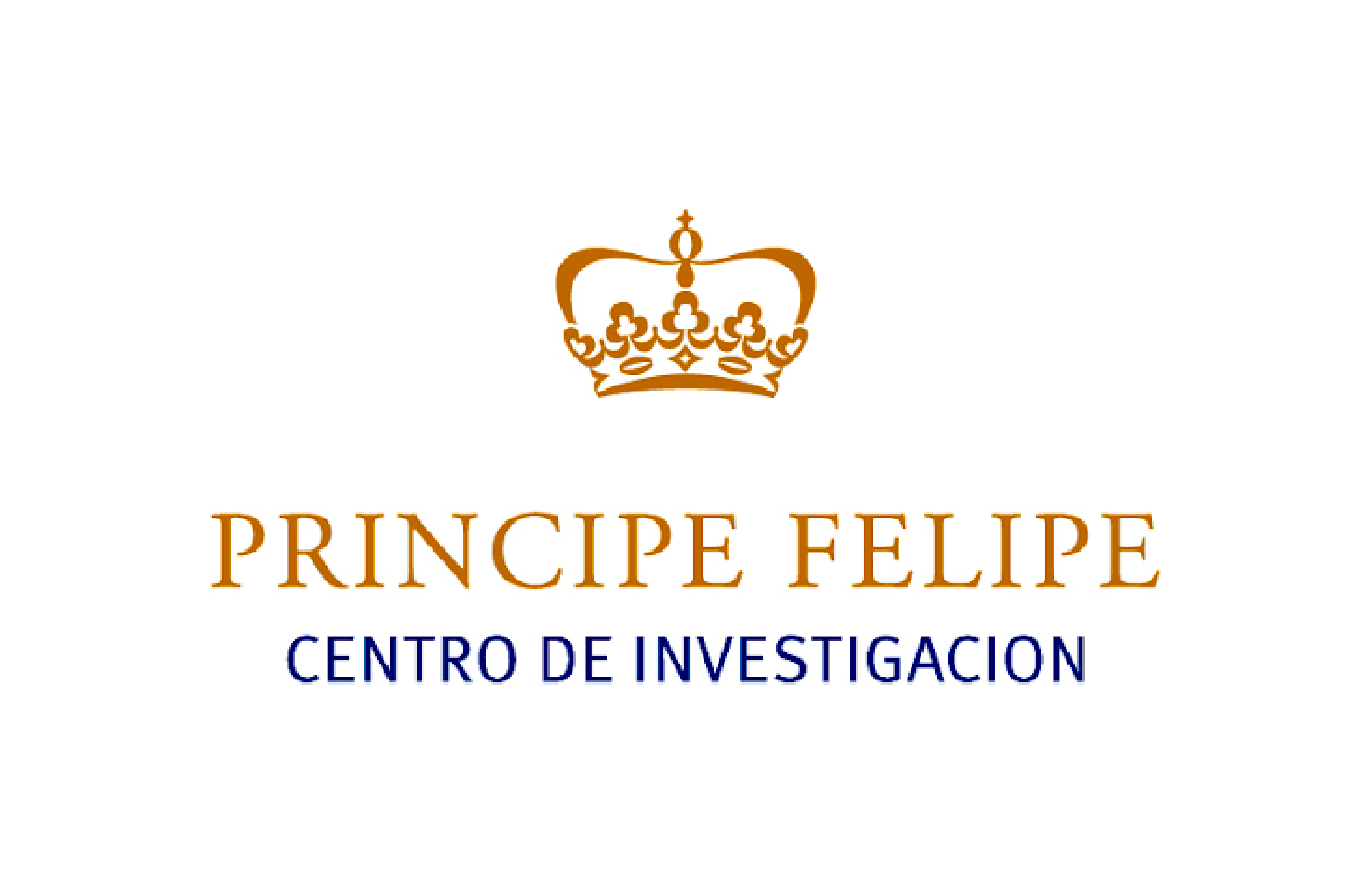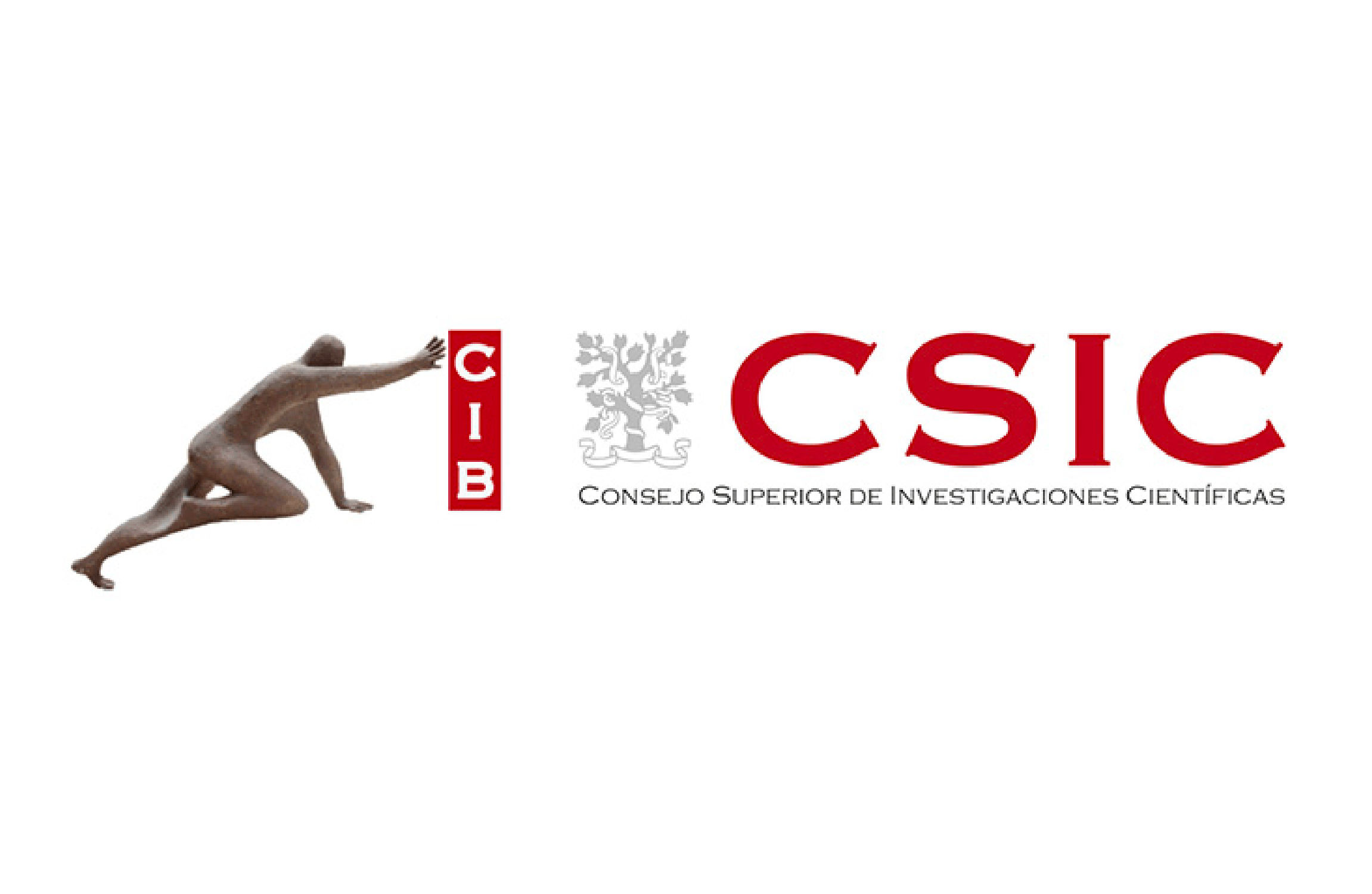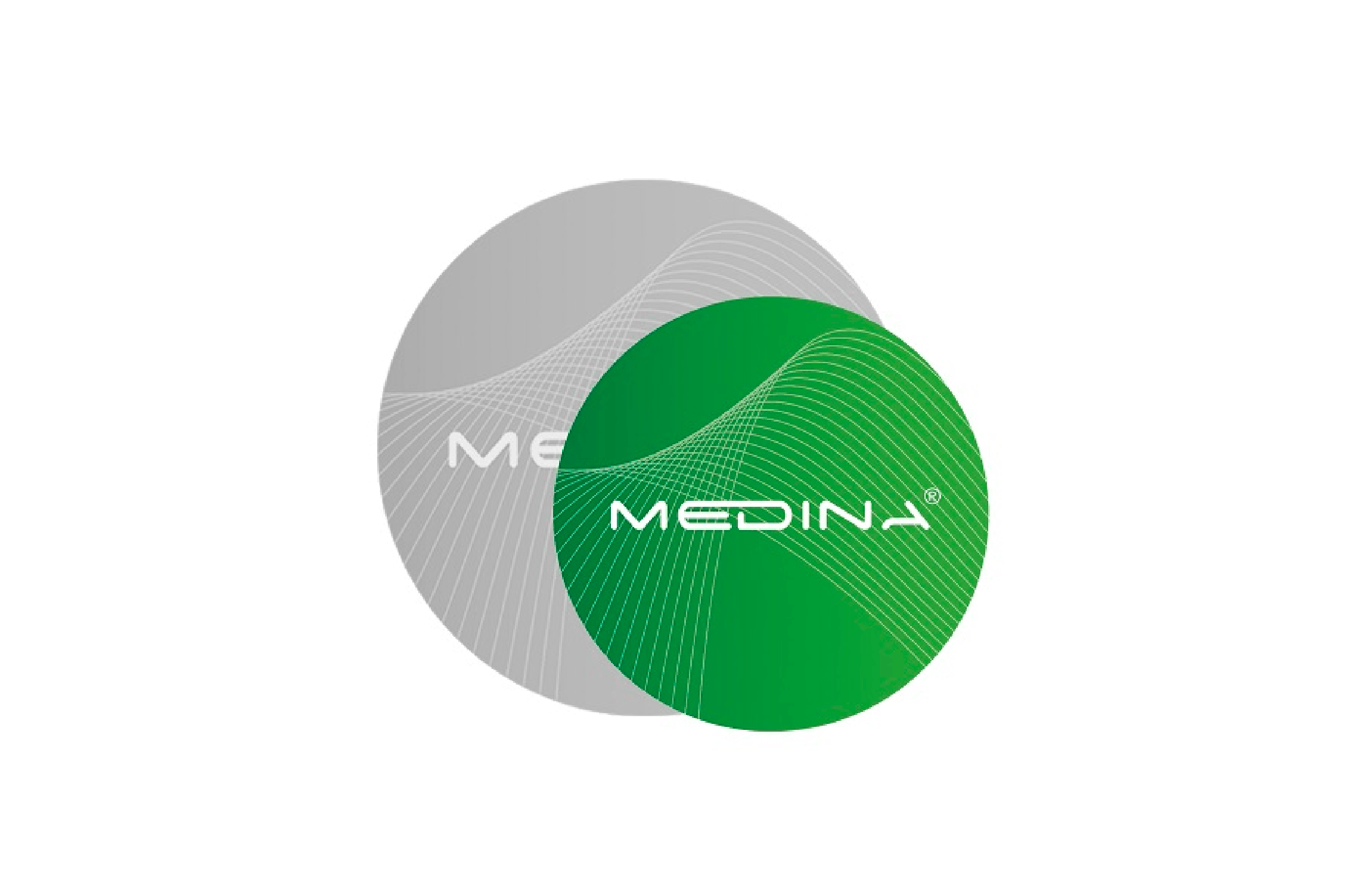Additional info
ZeClinics provides a comprehensive portfolio of toxicity, genetic and efficacy services – including disease modeling, target validation, drug efficacy screening, and chemical safety assessment.
ZeTox
The ZeTox platform includes a battery of in vivo toxicity testing services. Using zebrafish at different developmental stages, we conduct high throughput safety screenings of novel drugs and chemicals with potential human or environmental risk.
Safety studies using mammalian models are expensive and long-lasting, and according to meta-analyses, they predict only about 50% of specific toxic effects in humans. An integrative approach using alternative model systems such as zebrafish through early safety evaluation can improve prediction of human outcomes while significantly reducing time, cost and use of mammals in toxicity screenings.
ZeGenesis
The ZeGenesis platform is a portfolio of genetic services including but not limited to mutagenesis, transgenesis, and gene expression modulation studies. We are an officially licensed CRISPR solutions provider.
We can generate tailored somatic or germline editing in order to deliver stable genetically-modified zebrafish lines optimized to your requirements. We can also transiently modify gene expression according to your experimental needs.
Our zebrafish genetic services are the solution for the following scientific purposes:
- - Study of biological processes
- - Disease modeling
- - Functional genomic studies
- - Target gene validation
- - Screening of therapeutic compounds
ZeEfficacy
The ZeEfficacy platform is a portfolio of zebrafish solutions including ready-to-use disease models and high throughput phenotypic screening, for drug discovery and genetic functional studies.
Development of new drugs costs >€2,5 bn and takes 10-15 years to complete. Preclinical development of compounds is a long and expensive process and represents 30% of the drug development cost. Huge failure rates are behind these high costs, as thousands of compounds are screened early in the R&D process, but only a few will ultimately receive approval. Optimization of the compound screening process using cost-efficient models and high performance approaches would have a major impact on reducing drug development costs.
Different preclinical strategies can be used to identify potential drug candidates. A study of approved drugs revealed that phenotypic screening has been more successful than others in the discovery of new drugs. Looking broadly back over the last decades, the phenotypic-based approaches have resulted in twice as many approved new drugs as target-centric assays.
Those insights indicate that Biopharmaceutical companies can benefit from expanding their phenotype-based drug discovery programs. By focusing on the phenotype, efficacious drugs are identified in a more cost- and time-efficient manner.






